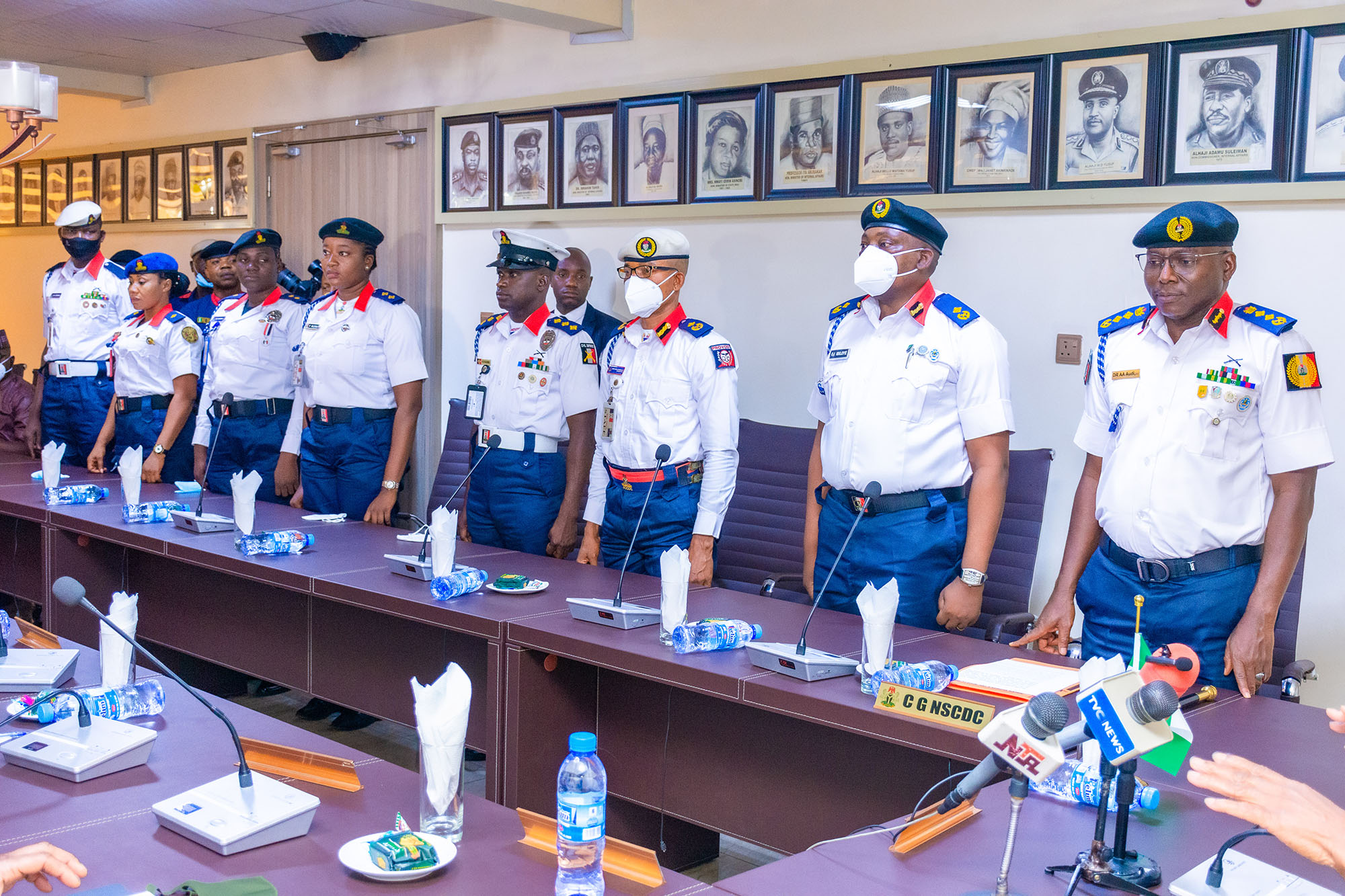Editorial
Responding To Security Alert On Abuja

On 23 October 2022, the United States (U.S.) Embassy in Nigeria released an advisory to alert U.S. nationals in the country of possible terrorist attacks in Abuja, Nigeria’s Federal Capital Territory (FCT), particularly at government buildings, places of worship and schools, among other ultrasensitive targets.
The authorities of the United Kingdom’s (U.K.) High Commission in Nigeria corroborated the threat alert. Following this warning, the U.K. High Commission in Abuja, a traditional beehive of activities for those seeking travel visas, has been left completely desolate while Australia, Ireland, and Canada reduced services and would only attend to critical needs.
Another warning reportedly came from the Irish government through its mission. It said: “Government buildings, shopping malls, hotels, bars, large gatherings, international organisations, transportation facilities, schools, markets, places of worship, and law enforcement institutions, among other things, could be targets”. As a result of these terror alerts, there is an unusual feeling of dread and apprehension among some FCT residents.
Terrorism is one of the world’s greatest security challenges. Predicting it is a vital part of the effort to counter it. Terrorist violence has worsened in Nigeria recently. The latest Global Terrorist Index ranks Nigeria as the sixth most terrorised country in the world. Abuja has been targeted for terrorist attacks severally, including the tragic 2011 Police Headquarters and United Nations Building incidents.
However, in a swift response to these terror alerts, the Minister of Information and Culture, Alhaji Lai Mohammed, said Nigeria would not be stampeded by whatever any government decided to tell its people living in Abuja and parts of the country. He said the government had in the last few months taken a firm handle on security, urging citizens not to incite panic.
This is an unfortunate outburst. The Nigerian government is obviously downplaying the latest threat. Although it has called for calm, claiming to be doing something about the alarm. Perhaps the administration did so because it thought it needed to assert itself politically. No country likes to let a foreign entity define its national security situation. Even then, the government should take the terror alerts seriously, and adopt effective measures to protect citizens.
Even with assurances by the federal authorities, Nigerians are deeply sceptical about the capacity of the security agencies to protect them. For the U.S. to authorise the departure of some of its citizens indicates that the foreboding must be very gloomy. It is generally believed that since Abuja is the seat of power, it should be the most secured place in the country. That may be a drunken farce. The Kuje jailbreak shattered that myth and the faith of most residents.
The terror warnings are strategic intelligence that must be carefully processed and acted on to avert mortal danger. In intelligence science and practice, even a rumour matters. So, whether the basis of the terror alert is real or not, and regardless of the legitimacy or otherwise of its sources, the ultimate concern of the Nigerian government should be to put pragmatic measures in place to prevent any threat from occurring.
Unimaginably, despite the astronomic increase in our security budget and procurement of equipment to aid the intelligence network, it took the U.S. to expose plans by terrorists to attack our nation’s capital. This is an indictment of Nigeria’s security and the government. President Muhammadu Buhari must place a major premium on strengthening our intelligence-gathering capacity to end terrorists’ activities in the country.
Intelligence-gathering must not be seen as solely a task for law enforcement agencies. It is an undertaking that must involve every citizen and each community. The primary advantage that the government should have over insurgents is in intelligence collection; the ability to expertly assemble the pieces of various puzzles to be able to progressively contain and limit terrorism.
Also, the Federal Government should tighten security around critical infrastructure, and soft targets like schools and public places. These assets are so vital that the incapacity or destruction of any may have a debilitating impact on security, economy, health, safety, education, food and agriculture, environment, transportation, etc. Infrastructure is very crucial to the continued existence of any nation.
It is not just Abuja that the Federal Government has to protect. Every state in the federation should be shielded from terrorists. Armed insurgents could strike with little or no warning and target any state outside the Federal Capital Territory. Analysts have warned that insecurity could worsen as political parties campaign in the states for next year’s general election.
Given the nation’s insecure outlook, the states and the Federal Government should instil confidence in Nigerians in their ability to protect them. To this end, the country’s armed forces must provide the needed strategy to safeguard every Nigerian. To achieve this, emphasis must be put on the significance of the synergy between the military and other security agencies.
Fleeing inmates of Kuje Medium Security Correctional Centre remain a threat to national security. The security agencies have to act swiftly to rearrest them. Their recapture has gone beyond the correctional service. It is now left with the gallant members of the armed forces, other security agencies and intelligence operatives to comb the country thoroughly in search of them.
There is a real fear of danger across the land, notwithstanding the improvised arrangements citizens make to protect themselves. All the police and the government offer the public are lame excuses. And, viewed from Section 14 (2b) of the 1999 Constitution, which says: “The security and welfare of the people shall be the primary purpose of government,” the pervasive security breaches expose Nigeria as a failing state.
Editorial
Time For GL 17 In Rivers

Editorial
For A Prosperous 2026


